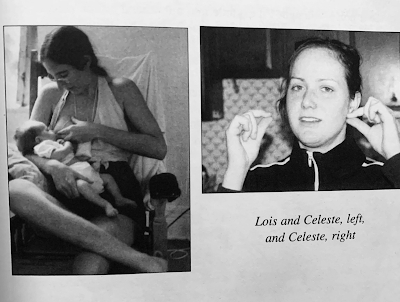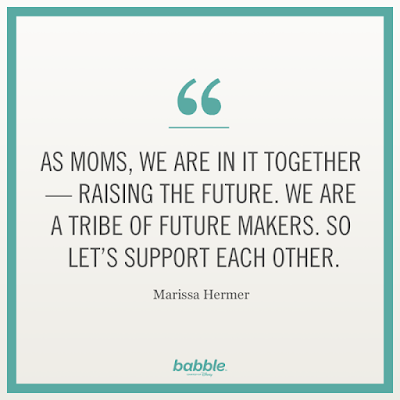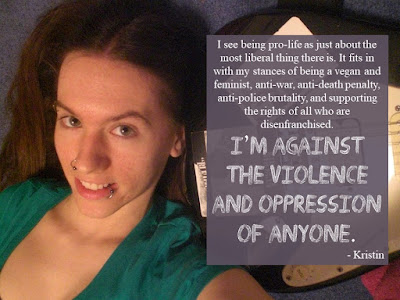Instead of abortion or adoption, what about kinship caregiving?
Ask any midwife to list a book she read on her journey towards birth work, and she will undoubtedly mention Ina May Gaskin’s Spiritual Midwifery. Those who aren’t the naturalistic hippie types will definitely raise a brow at her use of “psychedelic” language and philosophy, but her work as a midwife can’t be dismissed. She and her team uncovered the lost American tradition of midwifery and home birth, using their humble practice on “The Farm” (their commune) to jump start a birth revolution that has helped women regain bodily autonomy and self-confidence in the maternity ward.
Within Spiritual Midwifery, one account shared in her collection of empowering birth stories involved something like a kinship adoption. It was one of a few such stories in entire book, but I was engrossed in this particular case for a single, profound reason:
 |
| Click to enlarge |
In those hard cases, it is not right to claim that birth parents are selfish for wanting to keep their children. They are not irresponsible or cruel to want to be in their children’s lives as their primary caregivers. To go against these natural, biological yearnings and coerce people into placing their children for adoption is reminiscent of the days of decades ago, during the “baby scoop” era. The prevailing practice was “You’re an unfit parent? Then we’ll literally rip the baby from your arms and you’ll never see them again. Yay adoption!” We still see this attitude. In fact, some people see it as such a problem that they form organizations to fight against it.





Leave a Reply
Want to join the discussion?Feel free to contribute!